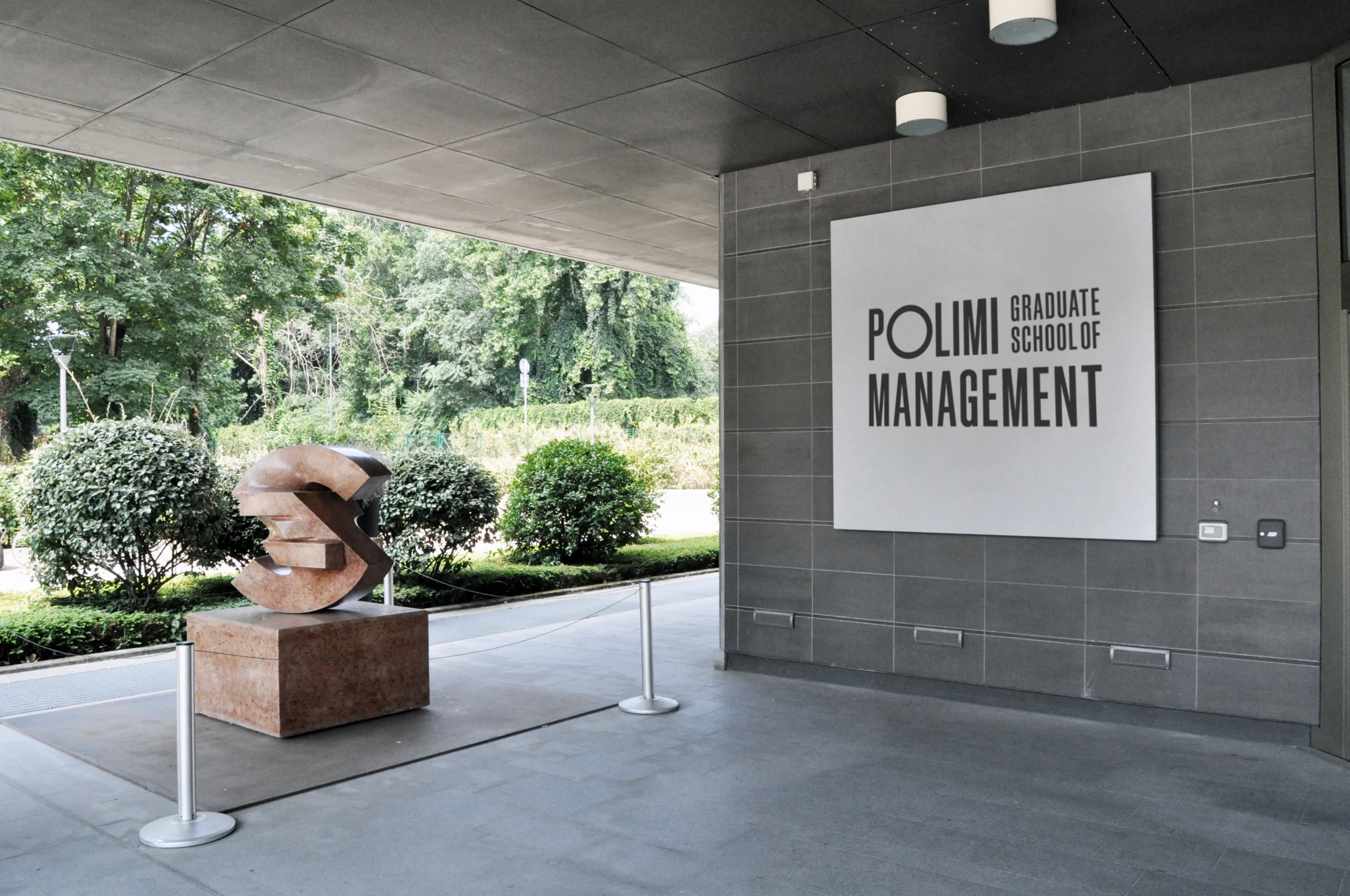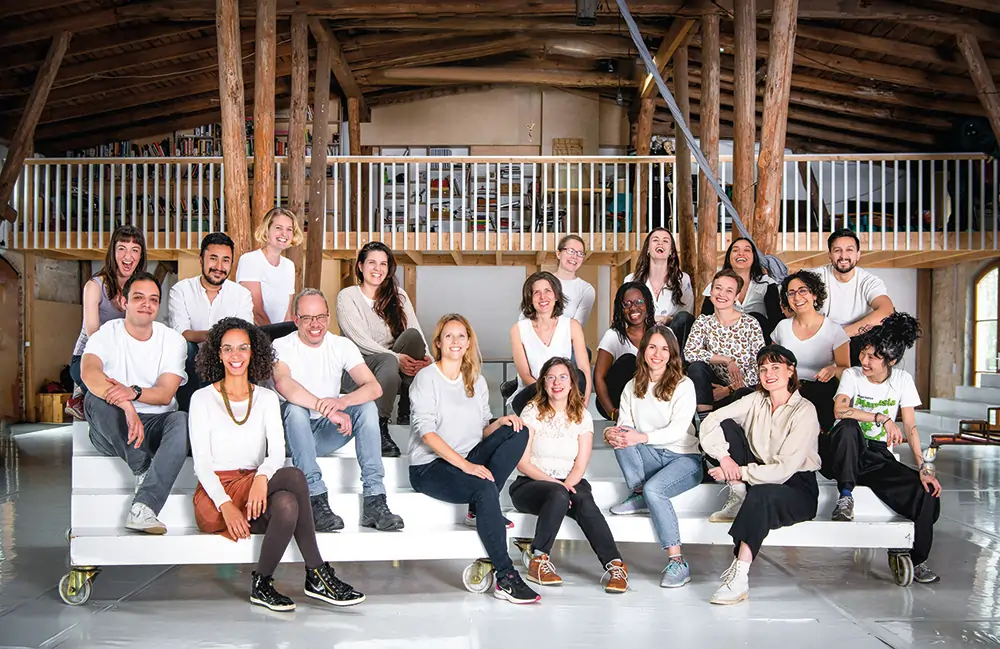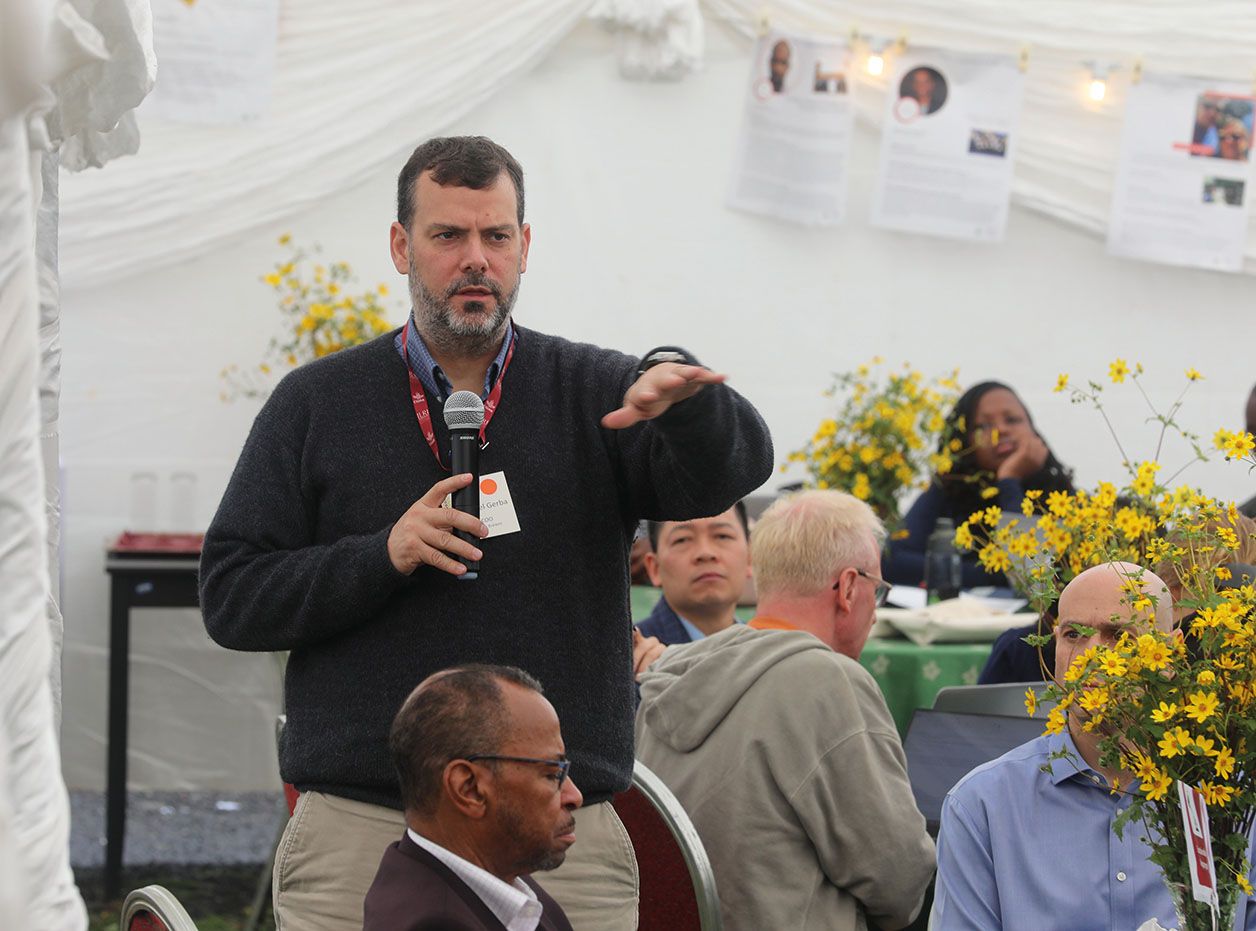Are we doing enough to develop female leaders?

John E. Kaye
- Published
- Executive Education, Home

This February, one of the largest mining companies in the world Anglo Platinum announced the appointment of Natascha Viljoen as its new CEO. The appointment is significant not least because Ms Viljoen, who is an alumnus of the UCT Graduate School of Business Executive MBA, will have the distinction of being one of only two female CEOs at a top 40 South African company.
This highlights an alarming global fact: that being “the only one” is a common experience for women in business. The progress of women into senior roles remains slow – even as companies are trumpeting their commitment to diversity and inclusion. According to the latest Grant Thornton “Women In Business” report, the percentage of women in senior management positions has increased to just 29%, a big jump up from 24% in 2018, but still falling way short of gender parity.
At the same time, research from McKinsey (among others) is consistently demonstrating that the business case for gender diversity is strong, so what can companies do to turn this situation around?
Action companies can take
A key place to start is fixing the broken rung. As many have pointed out – the problem is not that women are not in the workforce, or even the “glass ceiling”. The issue is that they are not progressing into middle management.
And when women do make it into positions of power and leadership, they find themselves having to think more strategically about their role and impact. They are often judged more harshly than men. Women are also more likely than men to be the target of microaggression – everyday sexism that signals disrespect. Two thirds of women in the workplace report experiencing microaggression and it makes them more likely to think about leaving.
McKinsey recommends six key focus areas to counter microaggression and fix the broken rung, from ensuring that hiring and promotions are fair, to making sure senior leaders and managers champion diversity. Fostering an inclusive and respectful culture is also key.
Investing in the personal development of women in the workplace is another lever. Executive education and other professional development opportunities can play a vital role in helping women access their personal power. Sometimes it can be a small thing, such as getting women to pay attention to the way they speak in a meeting and recognise where they may be putting themselves at a disadvantage. It has been suggested by some that women often do this subconsciously to try and help others. This could be anything from offering to take notes at a meeting or helping a colleague with a presentation. Such office housework holds women back because it undermines their authority and consumes time that could be spent on more valuable projects.
Helping women increase their visibility and impact
The Graduate School of Business (University of Cape Town) is committed to building the future of women in leadership through its transformative learning opportunities. The school offers two short courses that are targeted at supporting women as they advance on their leadership journey: the Developing Women in Leadership programme, and the Executive Women in Leadership programme, both focus on developing leadership practice and giving women the tools to increase their impact and visibility. Through its academic programmes like the MBA and the Executive MBA too – the school supports and enables women leaders.
“Our leadership classes are about developing our personal leadership style,” says Shivani Ghai, Class President of the 2019 MBA cohort. “We go on a journey to understand who we are and how to bring out the things that are best in ourselves to empower the change we are looking for in the world.”
In a very real sense, this process helps emerging women leaders find their voice. Ms Ghai got to demonstrate this on a global stage this January as one of three women on the winning team at the 2020 John Molson International Case Competition in Canada. This was the first time that an African business school had won this prestigious competition and it was done so by a team the majority of which was female.
For once, this was not an “only one” experience – and it should be these kind of successes that we seek to replicate both at business school level and more broadly throughout the workplace if we want to achieve true gender parity.
Further information
Sign up to The European Newsletter
RECENT ARTICLES
-
 ETH Zurich and the University of St.Gallen redefine executive education with emba X, a new model of responsible leadership
ETH Zurich and the University of St.Gallen redefine executive education with emba X, a new model of responsible leadership -
 Why leadership is the strongest defence in South Africa’s schools
Why leadership is the strongest defence in South Africa’s schools -
 Porto Business School launches executive programme on AI strategy
Porto Business School launches executive programme on AI strategy -
 POLIMI Graduate School of Management strengthens global reputation in MBA and master’s rankings
POLIMI Graduate School of Management strengthens global reputation in MBA and master’s rankings -
 Trinity Business School strengthens standing in global MBA rankings
Trinity Business School strengthens standing in global MBA rankings -
 Meet the class of 2025… and their children. Why mid-life university learning is on the rise
Meet the class of 2025… and their children. Why mid-life university learning is on the rise -
 University of Michigan launches executive programme for chief data and AI officers
University of Michigan launches executive programme for chief data and AI officers -
 International education: A vision for global citizens
International education: A vision for global citizens -
 How to create lasting social change? Build a community
How to create lasting social change? Build a community -
 Tomorrow’s world needs Dyslexic Thinking
Tomorrow’s world needs Dyslexic Thinking -
 Why family therapy is the best investment you can ever make
Why family therapy is the best investment you can ever make -
 How EQ can give us the edge over AI
How EQ can give us the edge over AI -
 A true root and branch approach
A true root and branch approach -
 It's fine to say you're not ok
It's fine to say you're not ok -
 Are you willing to change with your organisation?
Are you willing to change with your organisation? -
 Emerging markets: Online learning for women unlocks economic potential
Emerging markets: Online learning for women unlocks economic potential -
 A programme of urgent importance
A programme of urgent importance -
 Why progress is not parity
Why progress is not parity -
 Begin by building trust
Begin by building trust -
 Have we the energy for cryptocurrencies?
Have we the energy for cryptocurrencies? -
 Make your employees everyday data scientists
Make your employees everyday data scientists -
 The power of understanding
The power of understanding -
 Welcome to the team
Welcome to the team -
 Become your best self with Gies
Become your best self with Gies -
 The benefits of seeing the bigger picture
The benefits of seeing the bigger picture



























